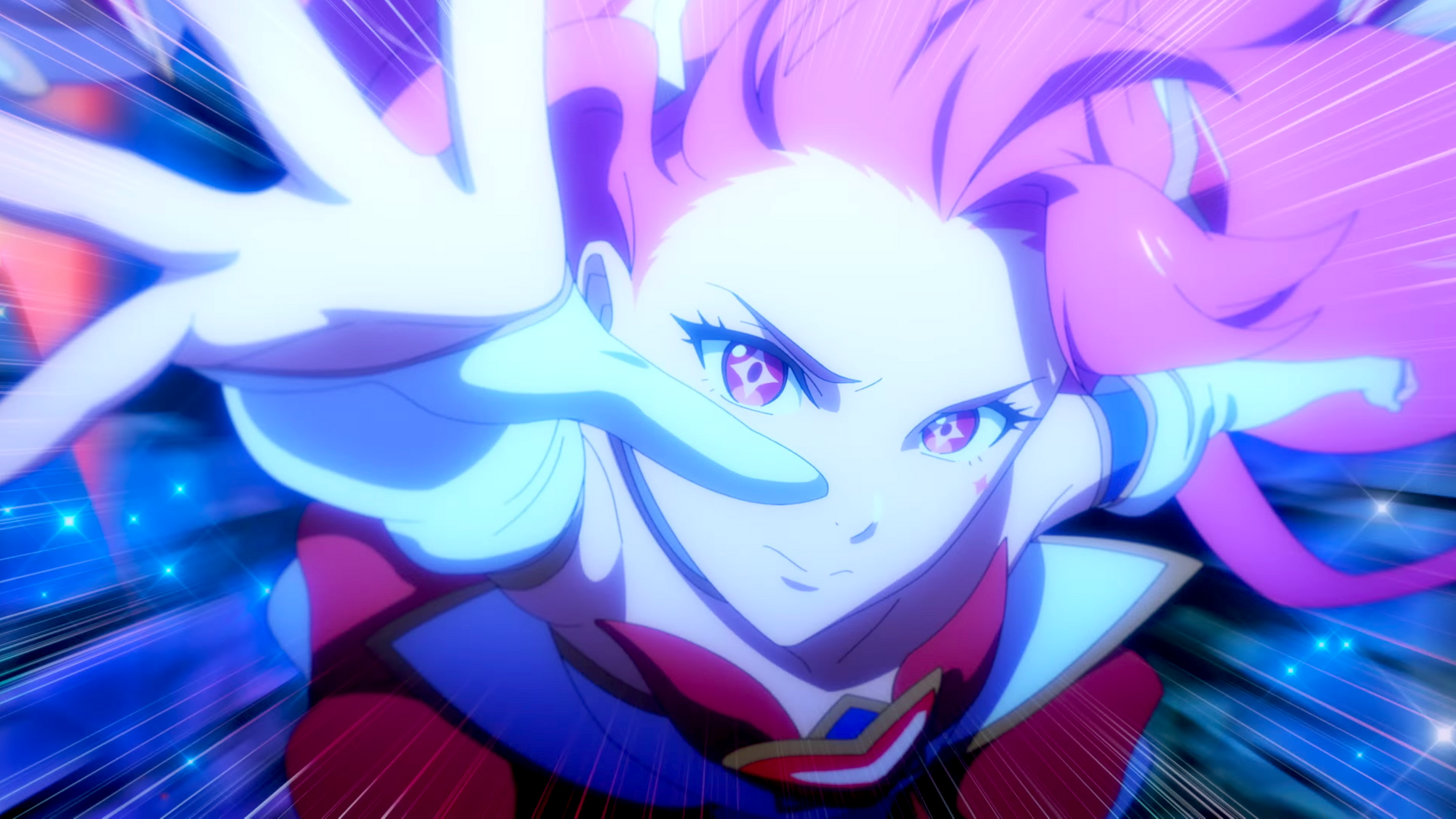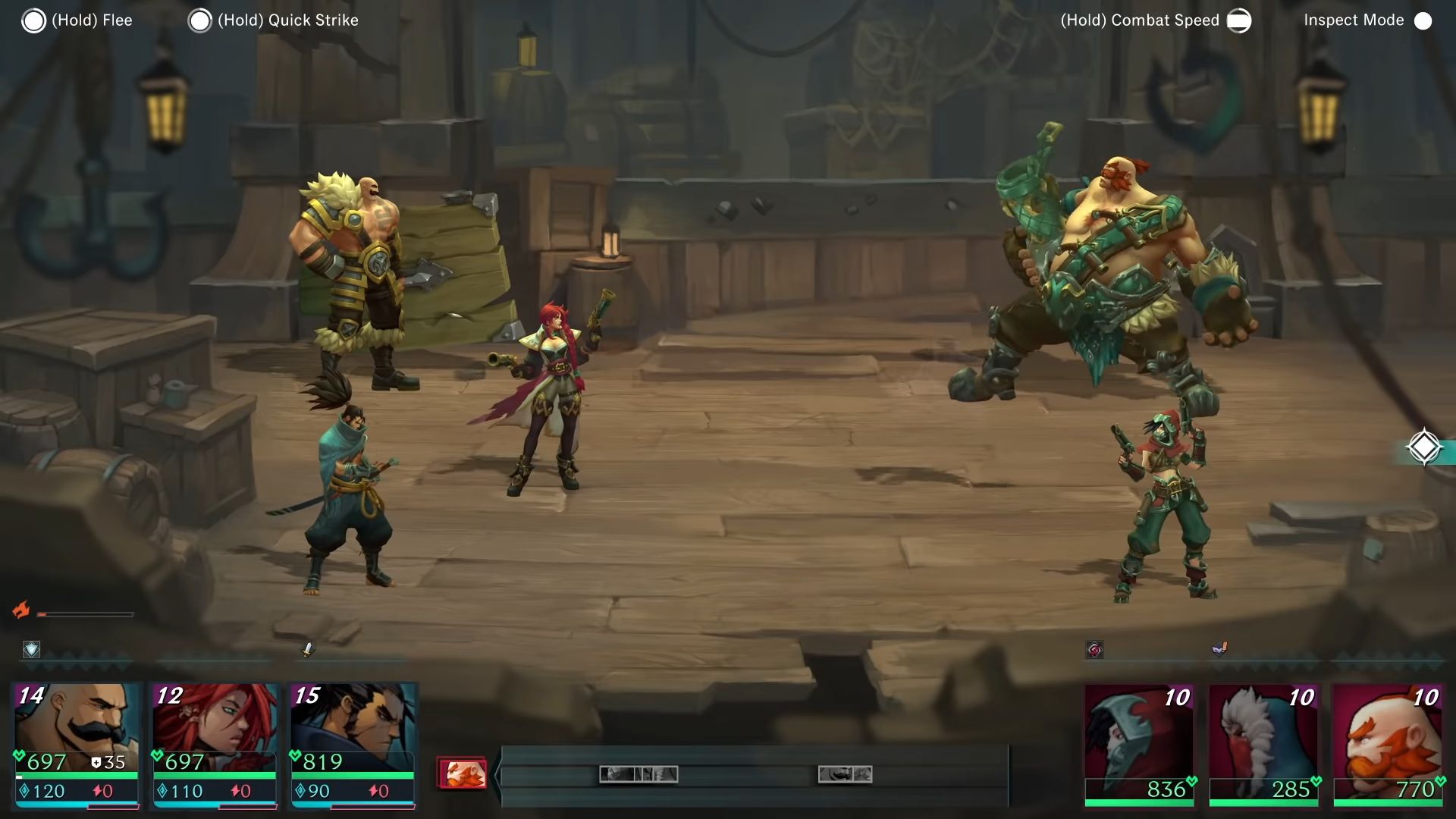League of Legends Excels at Making Fans of People Who Don't Play
A love for League of Legends goes beyond gaming

Chances are you’ve probably heard more about League of Legends than you have spent time playing it. The Riot-owned property is popular, extending far beyond the original game that inspired it.
The Washington Post recently presented a great breakdown of the game’s more humble origins, but suffice to say that they did not envision its release in 2008 to be the massive success that it was. Even all these years later, League is pushing upwards of 130 million players, with nearly a million playing concurrently. Around 73 million people viewed its yearly final championship, affectionately called Worlds, in 2021.
The game is why the larger media universe of League exists, but I’d argue that how it expands its myriad lore, characters, and the story is part of the reason for such success. Not all of its fans are avid gamers of the actual game, and some (like me) accidentally stumbled into its world via animated shorts and music videos. Because so far League of Legends has put out banger after banger.
Source: YouTube.
The more recent musical collaboration from Porter Robinson – who I am, full disclosure, a huge fan of – is another step in a great direction.
Everything Goes On is unlike the K/DA vein of hard pop and smooth, dark synths and shies away from the rumble of Imagine Dragons and J.I.D’s popular hit Enemy. It’s light, sentimental, and definitely attunes to a different vibe. In doing so, it’s made me more interested in League as a concept (as if I wasn’t already) and its recently launched Star Guardians event. For years I’ve refused to sit down and give it a try out of pure, stubborn fear of failing, but one of these days you’ll finally get me, Riot, one of these days...
For the longest time, I sat on the outskirts of League‘s cultural impact, watching its various music videos and characters introductions, piecing together the lore with simple fascination. But I didn’t consider myself a fan on the arbitrary quota that I had never actually played League. How could I claim to love something I only gazed onto the surface of? It felt as if I had erected a wall between fandom and admiration, never really feeling like I could take part in conversations on the actual game and its characters because I wasn’t as fully immersed.
Enter Arcane. A Netflix original television series produced by Riot Games and Fortiche Studio six years in the making.
Source: YouTube.
Arcane is, above all else, a masterpiece.
This isn't just hyperbole or the subjective opinion of a big animation fan: it's been an extraordinarily well-reviewed series by critics and fans and is even currently up for two Emmys. It is one of the few properties to maintain a perfect 100% score by critics on Rotten Tomatoes through all three of its Acts, and while review sites can be tricky with critical versus fan reception and the different expectations of the two, Arcane still snags a 96% in audience score. Arcane, more than the game that came before it, finally made me feel like I could call myself a fan.
Not only is Arcane an exception to the “terrible video game adaptation” rule, but it outclasses most of Netflix’s similar offerings on a technical and creative level (okay, so that’s a bit more of a personal opinion). It works both as an introduction and a way to familiarize yourself as a fan. Arcane can exist because League of Legends plays loose and fast with its lore, with character design being one of the most fascinating and fun aspects.
As a MOBA (multiplayer online battle arena) game, League has the luxury of being able to focus on a rule of cool play style—the narrative is there but with room for exploration, the building blocks of story functioning without focused detailing. It allows Arcane to exist alongside the various other crossovers and campaigns that feature the same characters, and League is here for all of it.
Its most recently released offering, Ruined King: A League of Legend Story, offers a way for fans to learn more about the world on their own terms, as a single-player-focused turn-based RPG. This works great for fans like me, who don’t relish the idea of having to play a MOBA but would love the spend time with these characters in this world. Ruined King, Legends of Runeterra, and the new upcoming novel, Ruination, offer alternative access to the story and, really, what’s wrong with casting a wider net?

“...after you've gotten into the characters and the lore you might jump over to League of Legends and play for the first time. So I think these new games are really adding entry points for players that have been interested in the flavor and the lore of legal legend, but never had a chance to jump in.” - Jeff Jew
Riot’s focus on the universe of League is an excellent long-term decision. There is a cause for creating a world that players from all backgrounds can enjoy into perpetuity. Its creative ventures feel distinctly different from adaptations like Halo and the recently panned (by fans) Resident Evil on Netflix because they don’t follow the traditional live-action route. I don’t always enjoy live-action adaptations because they can feel disingenuous—as if they’re trying to separate themselves from the medium that made them beloved in order to appeal to wider audiences – but audiences will see the name “Halo” and think “video game." Trying to pull away from the roots only alienates fans.
League‘s properties meander through just enough tangential types of media that it still feels like they’re trying to appeal to people who like games and fandom and are familiar with geekery in general. It isn’t trying to be anything else. People who pop in to watch Arcane can either be gamers or people who have never touched a game in their life, but when they watch Arcane, it still feels like the game that inspired it. There is no gatekeeping in that accessibility—it’s for whoever wants to be a part of it. If you like K-pop, chances are you’ve listened to K/DA for the artists they feature. These expansive and wildly different collaborations make room for many new fans.
I may never play League of Legends, and that seems to be all right with Riot. A fan is a fan, no matter where they come from, and League can’t stay top dog in the Esports world forever. There’s nothing saying that the legacy it leaves behind can’t be just as powerful, allowing more creatives to chart courses through the vast world of Runeterra and beyond. Wherever League goes, I’ll be excited to join—with or without ever enduring a match.
